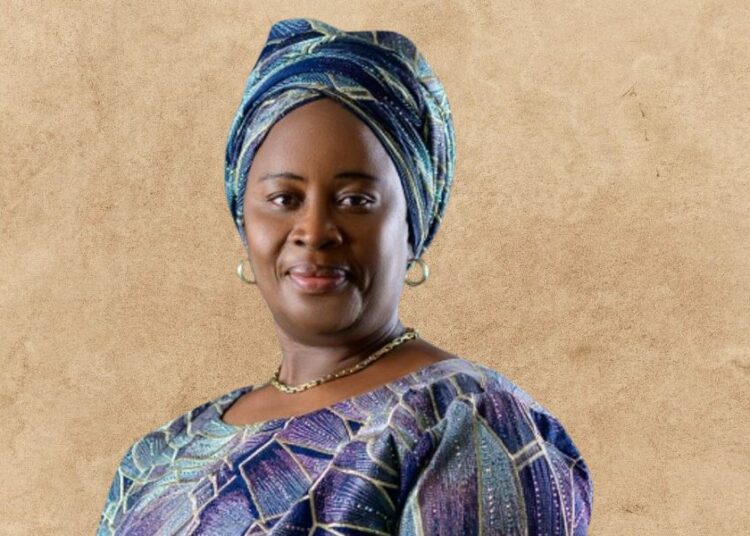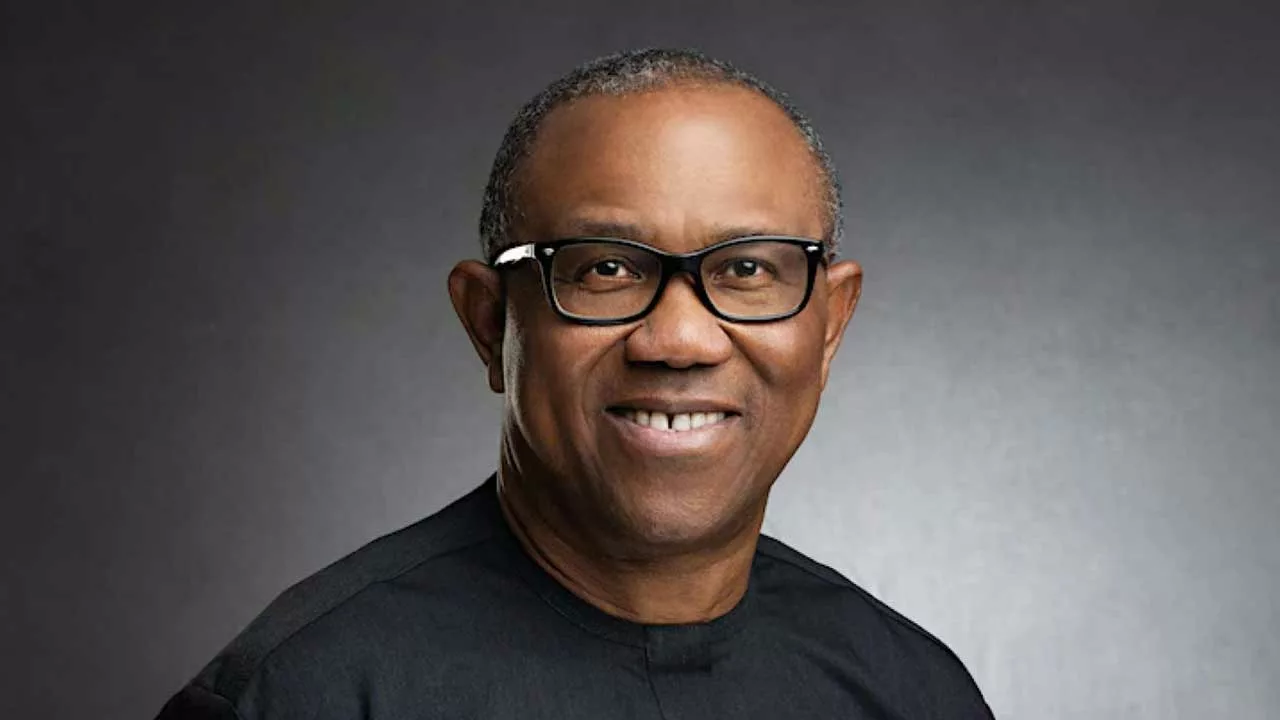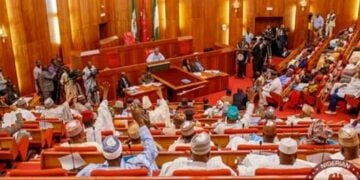Female chief executive officers have in Lagos established a coalition to advance women’s economic empowerment.
The United Nations women country representative to Nigeria and ECOWAS, Beatrice Eyong, represented by Chukwuemeka Onyimadu, in a statement issued to newsmen yesterday in Abuja, said the coalition’s mission is to enhance the lives of women and girls by advocating for better implementation of economic policies that improve access to public and private procurement and income-generating opportunities.
She said despite Nigeria’s high number of female entrepreneurs, women-owned businesses struggle to secure procurement contracts, highlighting systematic gender disparities.
Recognising the positive impact of gender equality on a country’s socio-economic environment, she called for incentives to ensure equal opportunities for women entrepreneurs, such as preferential treatment for marginalised groups in the procurement processes.
She emphasised that this initiative aligns with the UN Women’s project, Women’s Economic Empowerment through Affirmative Procurement Reform in West and Central Africa Funded by the African Development Bank and Women’s Entrepreneurs Finance Initiative (WeFi).
She said the project aims to enhance opportunities for women-led businesses to access public procurement and corporate supply chains, creating a supportive environment for women’s financial independence and the government’s capacity to implement gender-responsive policies.
She added that gender-responsive policies are essential for sustainable development, enabling women and girls to fully participate in and benefit equally from socio-economic opportunities.
She reiterated that the coalition would collaborate with state institutions to advocate for the approval of state policies, monitor government interventions, and promote the economic rights of women entrepreneurs, adding that it would push for the domestication of legal frameworks supporting women’s economic empowerment, fostering a robust environment for civil society organizations, democracy, and citizen participation.
She emphasised the unfulfilled goal of the National Policy on Women’s Economic Empowerment, which reserves 30% of all public procurement opportunities for women-owned businesses.
Director General of Lagos State Public Procurement Agency, Fatai Onafowote, reaffirmed Lagos State’s commitment to improving women’s access to public procurement.
Leading women CEOs and representatives from various women’s associations, including WISCAR, WIMBIZ, ANWBN, AWE, AWP, WACCIMA, JONAPED and others attended the meeting.
We’ve got the edge. Get real-time reports, breaking scoops, and exclusive angles delivered straight to your phone. Don’t settle for stale news. Join LEADERSHIP NEWS on WhatsApp for 24/7 updates →
Join Our WhatsApp Channel










